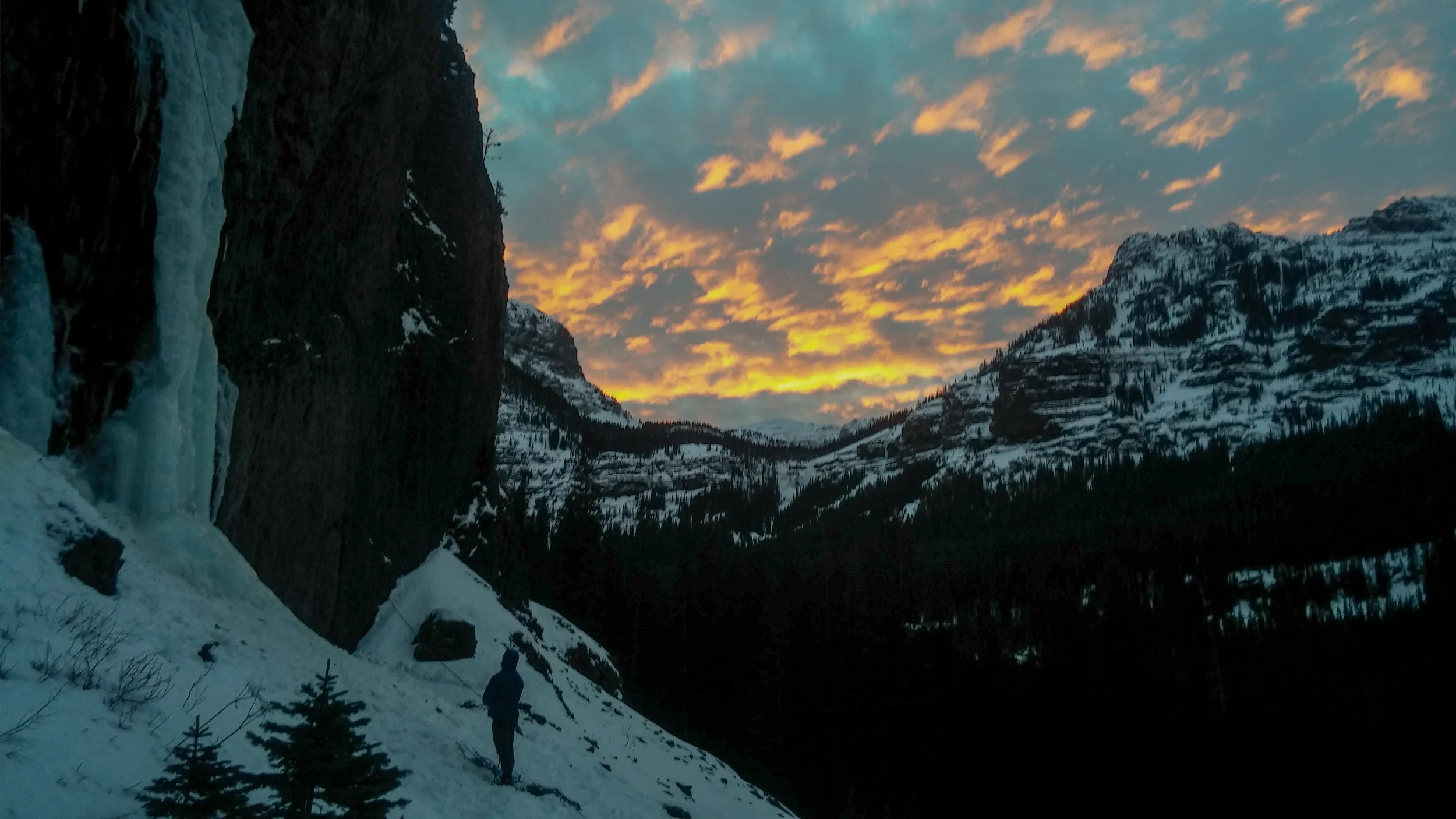Mountains and Climate Change: From Understanding to Action by Paul Dale (Part 1)
/Yuki Fujita, Paul Dale Tom Carey, Richard Doucette and Tom Boydston
Summit of Pioneer Peak, Northern Adamants, British Columbia
Photo by Chris Dame
"I have been a climber, skier and mountaineer for over 40 years and active with the AMC for decades. In thinking about what is the most important way in which I can give back to other outdoor enthusiasts and to future generations, including my kids, addressing the problem of climate change is by far the most important. I have spent the last year learning about the options and programs to deal with this challenge, and participating in climate change activities. I have dedicated myself to writing a series of articles that I hope will educate you about energy and climate change initiatives in Massachusetts and thus move you from agreeing that climate change is a problem to taking action to deal with it, both personal and political. I want to provide easy to follow guidance on how to be effective in the fight for a better future. The first article lists personal things you can do (other than the standard call to install low wattage light bulbs)."
2017 is here with record global warmth and record risk to our national commitment to address climate change. Many of us are frustrated by the feeling that whatever action we take will be insignificant. The problem is so large, how can one person make a difference? Your efforts will make a difference, more so than you might think. The US has the 11th largest per capita carbon footprint of 204 countries ranked. Just like voting, each of us can make a difference, and your decision to do something about climate change makes more of a difference than people in other countries.
Here are 10 things you can do:
Watch Leonardo DiCaprio’s movie “Before the Flood”- (1hr 30min). Why? It’s eye-opening, informative, entertaining, and available online on YouTube (and it’s Leo). Google search for “stream before the flood."
Investigate solar for your home- the investment can pay back in 5 to 7 years. Why? Solar produces clean electricity right on your rooftop with no pollution.
Join the Green Electricity program at Mass Energy Consumer’s Alliance-Why? If you cannot go solar, this program ensures your electricity is generated from renewable sources, not fossil fuels. Visit www.massenergy.org/renewable-energy
Eliminate or reduce beef from your diet-Why? Livestock production is the leading source of methane emissions, a greenhouse gas 72 times more potent than carbon dioxide and it takes 1800+ gallons of water to produce 1 pound of beef.
Avoid packaged or prepared foods that contain palm oil-Why? Palm oil is in 40-50% of household products in developed nations like the US. We lose 300 football fields of rainforest per hour clearing land for palm oil production. Forests are a necessary defense against a warming planet.
Drive less- Perhaps carpooling, biking, mass transit, or walking are options for you.
Why? Transportation is now the largest source of emissions in Massachusetts and across the United States.When buying your next vehicle, consider only electric or hybrid models-Massachusetts offers a $2500 rebate – see http://mor-ev.org Why? Even when factoring in electricity generation, electric vehicles on average produce 70% less pollution than gas vehicles.
Call or meet with your elected officials- Your legislators have meeting times in your district. Why? They work for you, but they cannot represent you if they do not hear from you. Find your elected officials at https://malegislature.gov/Search/FindMyLegislator Don’t be shy. The Massachusetts Sierra Club can help you prepare. Email energyactionbrigade@gmail.com with the subject line “Meet my Legislator”.
Get informed and stay informed on environmental issues- One way is to subscribe to the EnergyActionBrigade@gmail.com by sending a note with “Subscribe” in the subject line.
Talk to your family, friends, and neighbors about these problems and solutions- Help make climate change a common topic of discussion for Massachusetts residents. State-level engagement is critical. Host a viewing party of “Before the Flood” at your local library, school, or function hall. Or, volunteer by sending a message to EnergyActionBrigade@gmail.com with “Volunteer” in the subject line.
Look for future climate change articles in The Crux focusing on what we can do in Massachusetts. If you don’t want to wait, learn about the Renewable Portfolio Standard (RPS). This program requires that a certain percentage of the electricity provided to you is from renewable resources such as wind and solar. Legislative action to strengthen this program is a top priority right now. I’d love to talk with you. Write me at paulbdale@gmail.com or call 617 794-0851.



